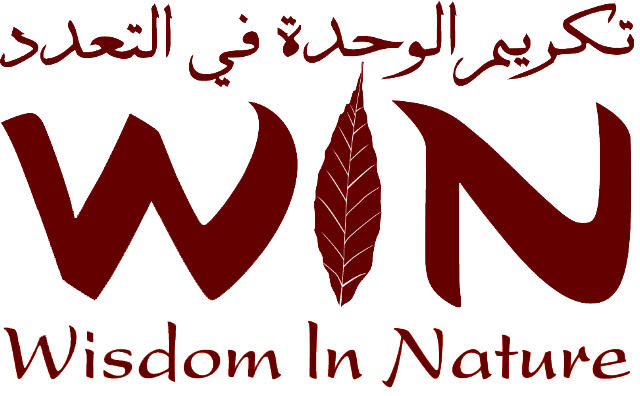On Charlie and Solidarity
by Shumaisa Khan
Although I condemn the attacks in France, mourn for the lives lost, and value the freedom of speech, I question some of the acts of 'solidarity' that have ensued. Frustrated with the Je suis Charlie phenomenon and the reprinting of Charlie Hebdo's degrading images, I found some commentary that resonated with me in a piece by journalist and former constitutional lawyer Glenn Greenwald. You can can read the piece here (warning- it does include some Charlie Hebdo reprints to provide context for the analysis, not as an act of solidarity).
Greenwald states, "One can defend free speech without having to publish, let alone embrace, the offensive ideas being targeted. But if that’s not the case, let’s have equal application of this new principle."
To this end, the piece includes antisemitic cartoons The Intercept commissioned to celebrate freedom of speech in the manner that outlets republishing Charlie Hebdo material are doing. Interestingly, they faced difficulty in finding cartoonists to produce such material because it is risky to one's career to publish anything mocking Jews. Even more problematic is the suppression of freedom of speech when it comes to criticism of Israel.
I learned this early on in life, but was still shocked at the extent of this when involved in the student-run Health and Human Rights Group at Johns Hopkins School of Public Health 15 years ago. The group had organized some documentary film viewings pertaining to health and human rights in Palestine, and a Jewish student complained to a Jewish professor, who then complained to one of the deans, who then ordered the group to stop showing films. This occurred at a world-renowned university - the world of academia which I (naively) thought was a bastion of the freedom of thought and expression. Through the intervention of another dean, a 'compromise' was made where we had to show films depicting Jewish suffering in order to show films depicting human rights violations of Palestinians.
But that was then... fast forward to 2014, and Stephen Salaita, a professor granted a tenured position at the University of Chicago, found his position revoked because of posting tweets like, “Only Israel can murder around 300 children in the span of a few weeks and insist that it is the victim”. While his struggle continues, he remains in limbo without a job or home.
As for Charlie Hebdo's claims to equally offend various constituents of society, is that really the case? As Greenwald points out, "Charlie Hebdo – the “equal opportunity” offenders and defenders of all types of offensive speech -fired one of their writers in 2009 for writing a sentence some said was anti-Semitic (the writer was then charged with a hate crime offense, and won a judgment against the magazine for unfair termination)."
He further asserts "it is self-evident that if a writer who specialized in overtly anti-black or anti-Semitic screeds had been murdered for their ideas, there would be no widespread calls to republish their trash in “solidarity” with their free speech rights.”
Clearly, freedom of speech is not equally protected and certainly not equally celebrated; it is important to acknowledge this, not because such inequality in any way justifies the attacks in France or elsewhere, but because unequal application and protection of freedoms does not accord with our much touted democratic values.
In the aftermath of these horrific attacks, we may be drawn to expressing solidarity and get caught up in the pressure to 'do' something quickly. Yet it is precisely these very times when it is prudent to pause and reflect on the implications of our actions, and assess whether they are truly in alignment with our values and our humanity. There are better ways to express solidarity with freedom of speech than reprinting degrading and bigoted material or identifying with an entity that prides itself in this.
*This piece reflects my own views, not necessarily that of Wisdom in Nature.
